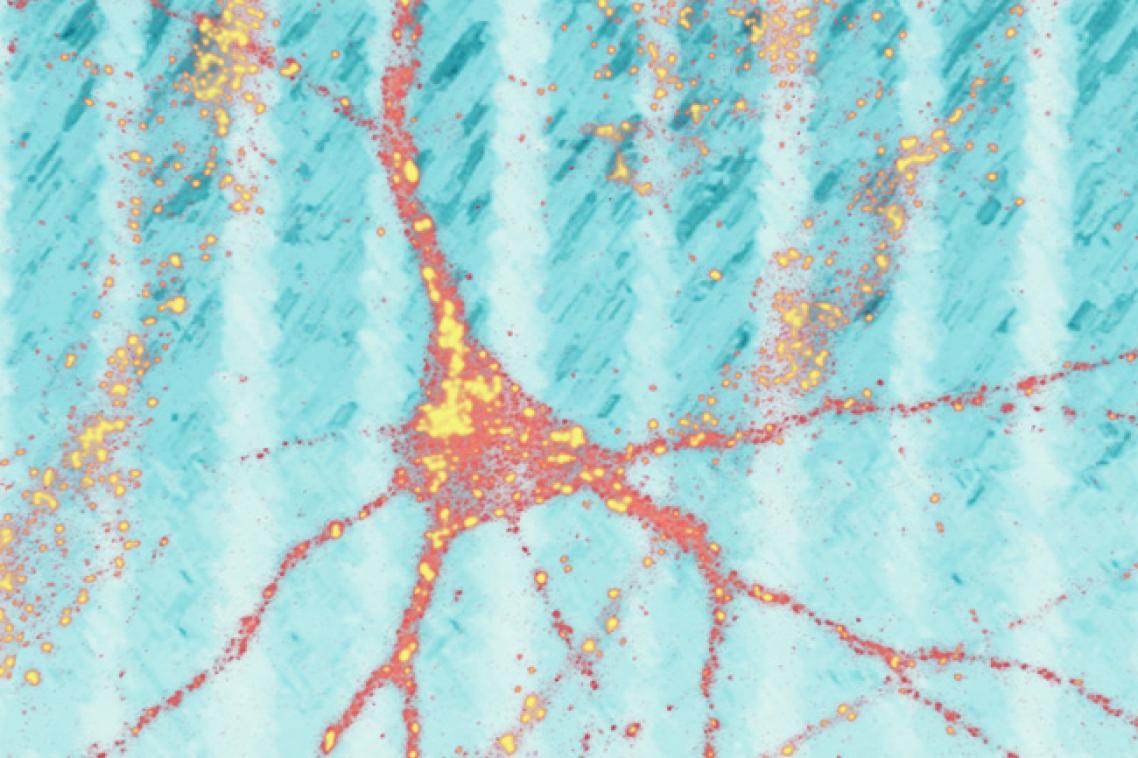Research could lead to Alzheimer’s drugs

New insights into how nerves cells in the brain maintain efficient communication with each other may help offset the effects of Alzheimer’s disease.
University of Queensland research has identified the process responsible for regulating neuronal communication, which is crucial for learning and memory.
The work aims to build a foundation for the future identification and development of drugs to treat Alzheimer’s.
Dr Victor Anggono of the Clem Jones Centre for Ageing Dementia Research at UQ’s Queensland Brain Institute said cognitive decline such as memory loss could be minimised if receptors in the central nervous system could be maintained at healthy levels.
“Communication in the brain comes down to nerve cells’ ability to send messages chemically to one another,” Dr Anggono said.
"When impaired, they will not transmit information as efficiently as they should.
“This all happens very quickly – in milliseconds – allowing memory to be coded or retrieved.
“In the case of Alzheimer’s disease, there is a pretty good consensus that this transmission is disturbed, partly due to the loss of the receptors.
“If we can reduce the damage to these receptors then we may be able to compensate for the adverse effects of toxic clumps, known as amyloid beta, that build up around nerve cells and disrupt neuronal communication in Alzheimer’s disease."
Using DNA technology, the researchers discovered that they could modify the stability of the receptors in a lab setting, and will now move towards testing these “re-engineered” receptors in mice.
“Hopefully we can see an improvement in learning and memory, and if we see that then we’ll be hopeful that this strategy could work to slow the cognitive decline associated with Alzheimer’s disease,” Dr Anggono said.
Impaired receptor function has also been linked to many neuropsychiatric disorders such as schizophrenia and depression.
The research, published in Cell Reports, was funded by John T. Reid Charitable Trusts, the International Human Frontier Science Program, and the Australian National Health and Medical Research Council (NHMRC), and done in collaboration with the John Hopkins University School of Medicine.
Media: Darius Koreis, +61 7 3346 6353, d.koreis@uq.edu.au; Dr Victor Anggono, +61 7 3346 6417, v.anggono@uq.edu.au.
Related articles

Should you consent to your doctor using an AI scribe? Here’s what you should know.

How a drone delivering medicine might just save your life
Media contact
UQ Communications
communications@uq.edu.au
+61 429 056 139
